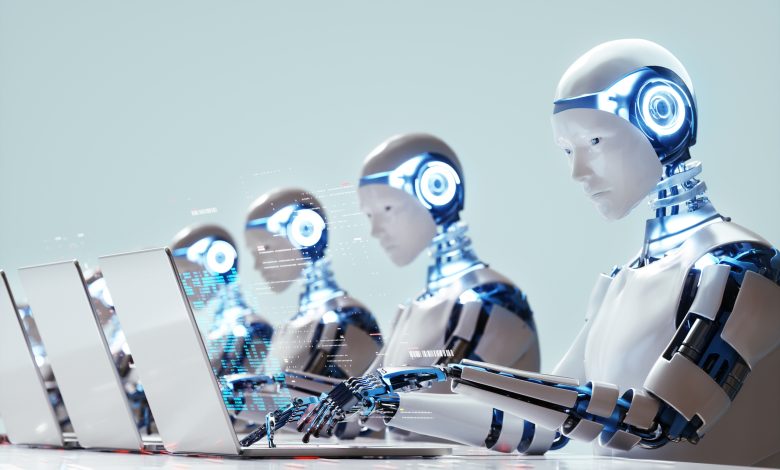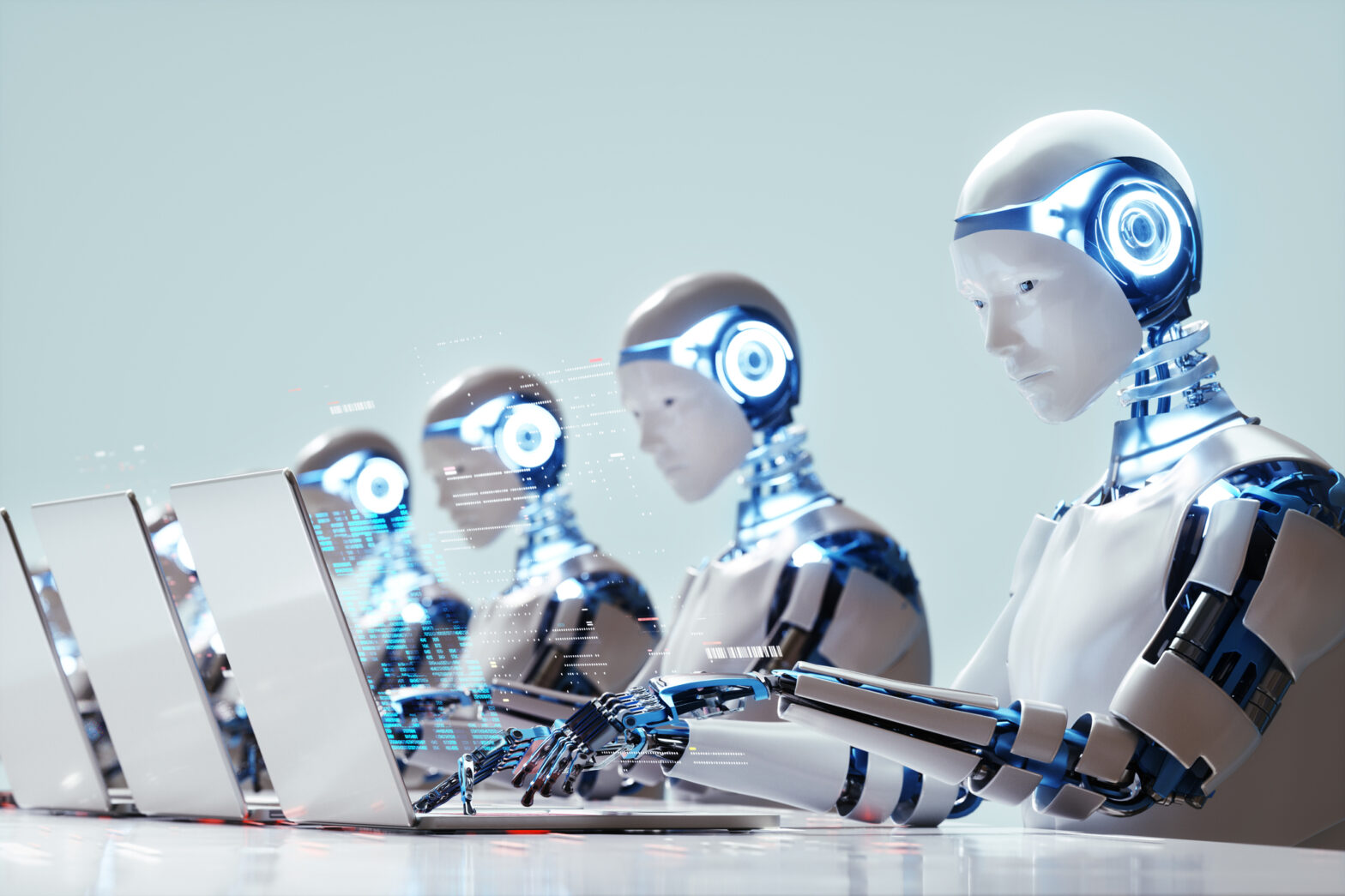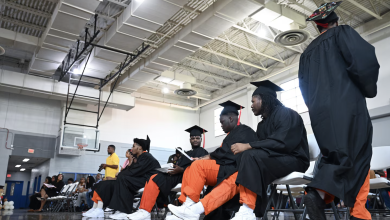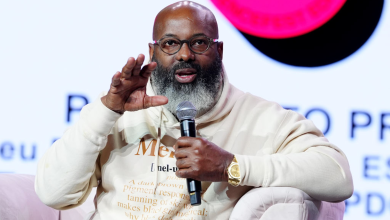Op-Ed: AI Might Not Take Your Job, But It Could Make It Harder To Get A New One


Editorial Note: Opinions and thoughts are the author’s own and not those of AFROTECH™.
AI and its effect on current and future employment has been a focus for employees and employers alike, and a main topic of conversation in the media since ChatGPT came out over two years ago. ChatGPT made people think about what the future of work would look like, especially when it comes to things a person typically would have to outsource. They saw how they could do it themselves by leveraging AI. The first types of jobs that came to mind for using AI were ones that have a black-and-white approach to the work and follow a series of steps. For example, a bookkeeper who puts the same inputs and outputs into QuickBooks could be replaced by automation leveraging AI tools. These tools can build a bridge between your bookkeeping software and your accounting software and route the entries where they need to go automatically.
The belief about which type of jobs could be automated/reduced seems to have expanded as the capabilities of AI have. As reported by The Verge, OpenAI released its video generation model Sora in December 2024, which led people to believe that videographers, video editors, and creative professionals involved in the video-making process more broadly could be automated. As the models released by labs like OpenAI and Anthropic have gotten smarter, the conversation about their short-term and long-term effects on the world of work has expanded to white collar work as well. In addition to OpenAI’s Deep Research and 4o Image generation, users now have the ability to create software by inputing sentences using products from startups like Lovable and Replit. As these products have become popular it has pushed people to wake up to the real implications of AI’s eventual impact on white collar workers.
When Deep Research was released in February, as reported by The New York Times, almost immediately after, people started suggesting that the quality of the research produced rivaled the quality received from an entry-level analyst or researcher across the worlds of finance, law, and science.
Open AI’s 4o Image release also saw quick adoption and virality thanks to its use of Studio Ghibli style. Studio Ghibli is famous for its animation style that has been a staple in anime since its inception in Japan in 1985. As reported by Forbes, the viral trend started on X where people took a spin at using the Ghibli animation style, which received a lot of criticism from the anime community claiming it went against the studio’s ethos.
While platforms like Replit and Lovable have made creating software more accessible by letting people type sentences to do so, the rise of anyone being able to do this has caused conversations to bubble up about the durability of being a software developer going forward. The reason this has caught attention is that the profession has been coveted by the knowledge economy ever since Mark Zuckerberg launched Facebook in 2004. When the jobs that people once viewed as the most AI-proof jobs start to look vulnerable, that causes people to pay a lot more attention to how it’s advancing.
CEOs are getting in front of this by issuing guidance to staff on how they see AI and its impact. One memo came from Tobias Lutke, who is the CEO of Shopify. As reported by Forbes, Lutke posted his team memo about AI to X and shared how it would change the way Shopify operates. The point that stuck out to me the most was that teams would be expected to demonstrate why they could not get something done with AI before being able to hire a human for the role. Asking hiring managers to demonstrate why they need a person vs. being able to get it done with AI will cause managers to go the AI route for functions they do not feel are worth the headache of advocating for headcount. This, I think, will cause a decline in opportunities within non-technical roles the most first.
Lutke’s memo was quickly followed by one from Duolingo’s CEO, Luis von Ahn, but that one has received a much different reception from the public. As reported by The Verge, the memo was posted on the company’s LinkedIn page, and the first bullet point touched on looking to use AI to replace contractors over time. This prompted immediate pushback on the post, and TikTok videos were posted by longtime users of Duolingo saying they were deleting the app as well. When people feel like a recession is on the way, it’s best to read the room when it comes to AI and livelihoods.
AI’s current impact is most felt at the earliest stages of a project. Instead of hiring a graphic designer for a logo, you can use ChatGPT to make it for you, or instead of hiring an engineer, you can use Replit or Lovable to make your MVP, but it looks like that thinking has also permeated companies. While AI has made it easier for you to do more with less, companies are thinking they can do the same as well.




